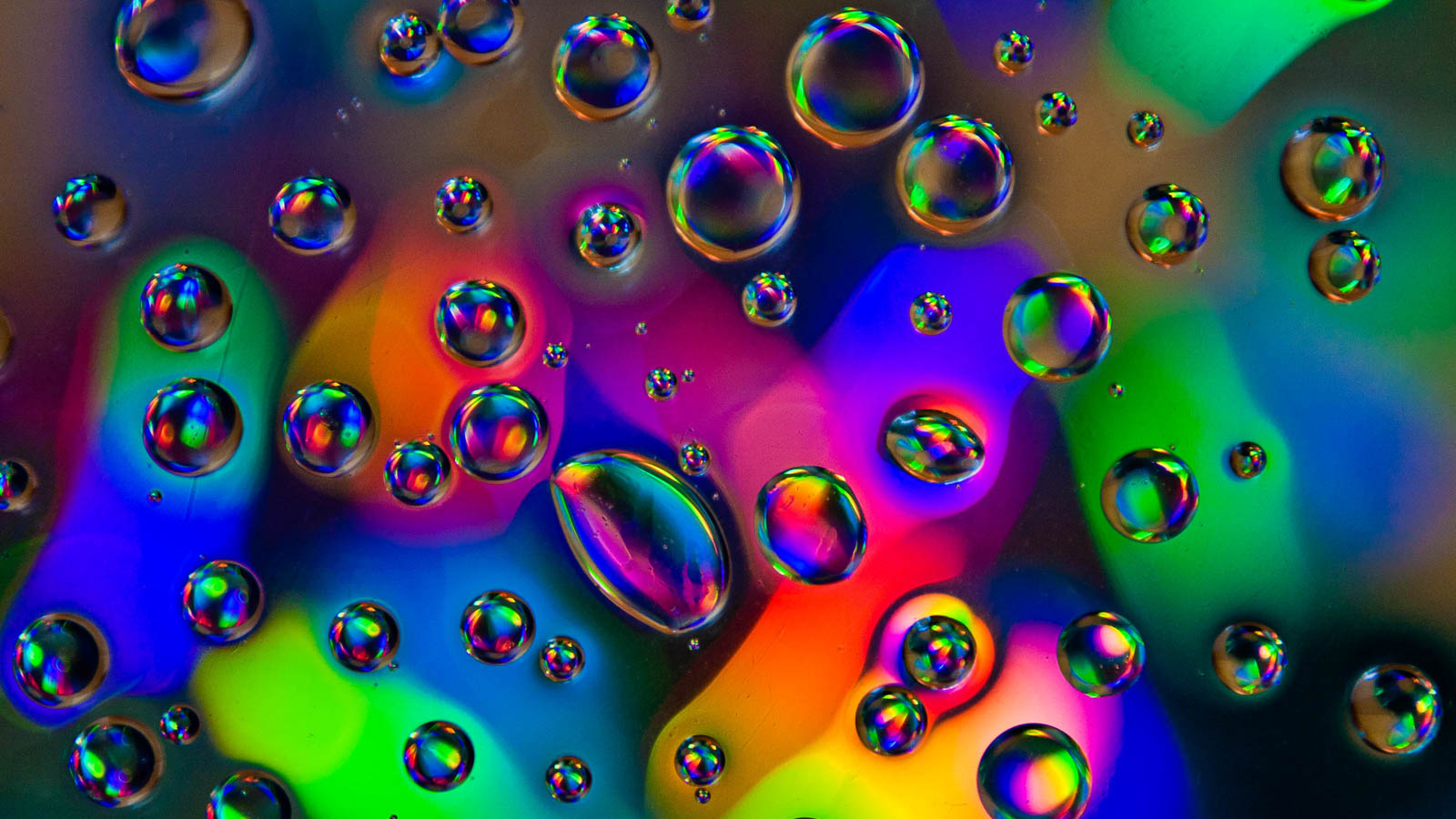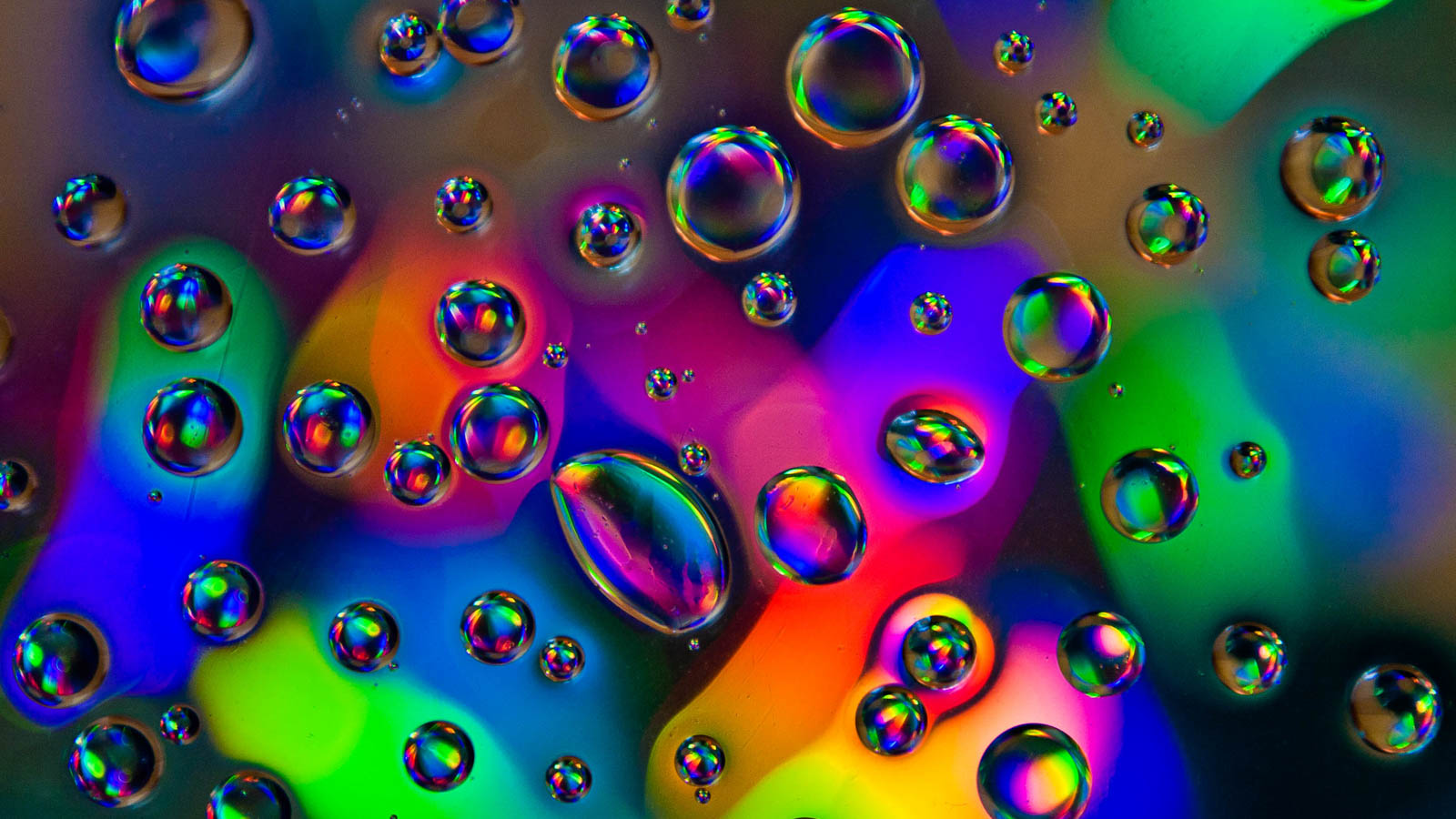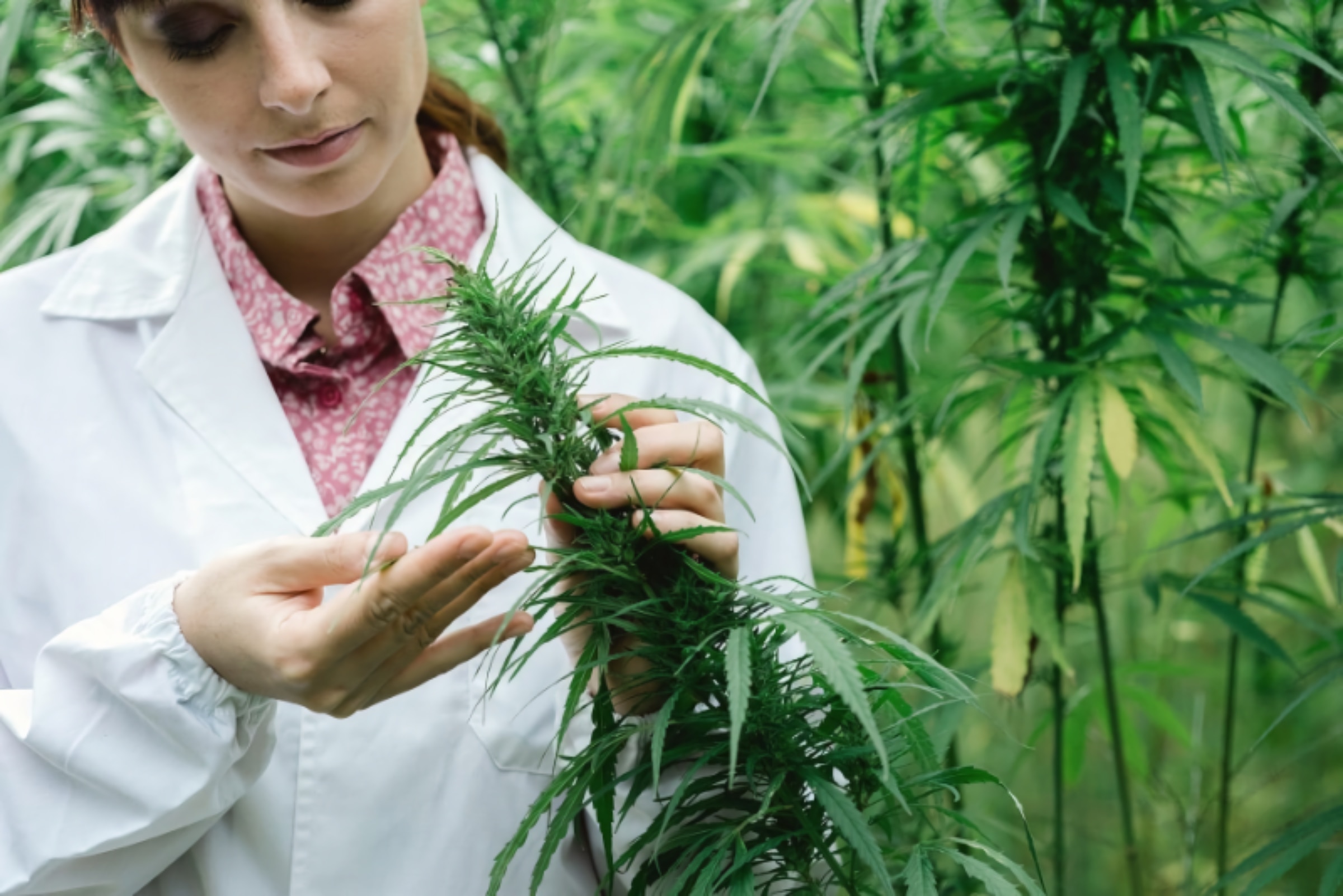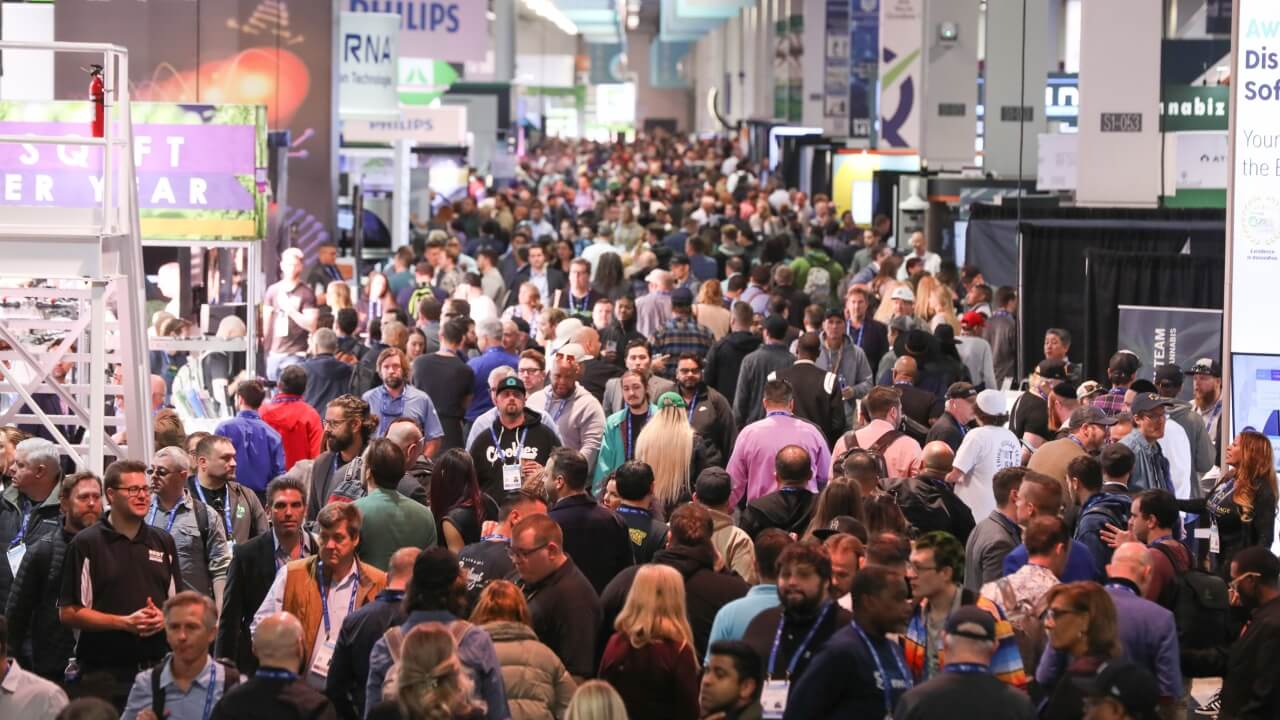
Outside of cannabis researchers and hardcore weed science nerds, the term “psychoactive” is often misused when CBD is the topic of conversation. Many cannabis consumers and even the media have referred to CBD as being non-psychoactive. Yet, scientifically speaking, CBD is psychoactive, just not in the ways that are commonly associated with marijuana.
The term psychoactive has so often been misconstrued by mainstream information sources that its incorrect use has almost become gospel. In a November CNBC 2018 article that aimed to explain the workings of the cannabinoid, the author wrote that CBD is “not psychoactive.” In a primer about CBD published by Health.com, the author claimed that “unlike its cousin tetrahydrocannabinol (THC), it’s not psychoactive” in reference to CBD. Even the cannabis resource Wikileaf has stated that “because of the way CBD reacts with our brain, it’s not psychoactive.”
View that widely reported description through a more scientific lens, however, and the claims that CBD isn’t psychoactive fall apart.
“This question is causing great confusion,” Dr. Itzhak Kurerk, CEO and co-founder of Cannformatics, a Northern California biotech company researching improvements to medical cannabis, told Weedmaps News.
Most human beings (and some animals, too) consume psychoactive substances on a daily basis without an afterthought. Coffee, alcohol, and nicotine are all categorized under the psychoactive umbrella, and catnip is classified as psychoactive for cats.
So how is CBD psychoactive? It’s simple, according to Kurek: CBD does not produce intoxicating effects. Yet the uninitiated have frequently conflated the term “non-psychoactive” with non-intoxicating.” They don’t mean the same thing.
“CBD by itself, even in high doses, is not known to create these [psychoactive] effects. This leads some people to say that CBD is not psychoactive. But what it really means is that CBD does not have “THC-like” effects,” he explained.
So if the non-intoxicating cannabinoid CBD does not produce the sensory and psychological effects of THC, and it shouldn’t be described as a non-psychoactive component of the cannabis plant, then what’s the right way to describe the properties of CBD? Call CBD “non-intoxicating.”
What’s the right way to describe the properties of CBD? Call CBD non-intoxicating. Click To Tweet
The Difference Between Psychoactive and Intoxicating Substances
Under the medical definition, a psychoactive compound is a chemical substance that acts primarily on the central nervous system and alters brain function, resulting in temporary changes in perception, mood, consciousness, and behavior.
A psychoactive compound is a chemical substance that acts primarily on the central nervous system and alters brain function, resulting in temporary changes in perception, mood, consciousness, and behavior.
“CBD does interact with components of the central nervous system, and has been shown to reduce anxiety and also to reduce psychotic symptoms in people with schizophrenia and Parkinson’s disease,” Kurek said.
An intoxicating substance, on the other hand, refers to a chemical substance that stimulates, excites, or impairs judgment. To use scientific terminology, correctly, it’s important to draw a line in the sand between THC and CBD. THC is an intoxicating cannabinoid that creates that stoned buzz. CBD, however, is a non-intoxicating cannabinoid that has effects on the body and brain, but does not cause the sensory and psychological effects that THC does.
Technically speaking, however, both CBD and THC are psychoactive – albeit in much different ways. CBD’s ability to reduce the frequency of epileptic seizures is a compelling example of why CBD should be labeled psychoactive. CBD absolutely interacts with the brain and central nervous system, and thus CBD has a psychoactive effect on the patient that helps to prevent seizures.
“Anything that affects the function of the brain is psychoactive,” said Dr. Adie Wilson-Poe, a neuroscientist and instructor at Washington University in St. Louis and a scientific adviser to Weedmaps. “Anti-epilepsy medications are psychoactive.”
The confusion that stems from scientific accuracy doesn’t stop there, however. Another reason why CBD gets confused for a non-psychoactive cannabinoid is because a number of studies suggest that it can actually reduce the psychoactive effects of THC. A February 2010 study, for instance, found that Delta-9-THC and CBD could have the opposite effect on regional brain function, possibly explaining why CBD has shown the ability “to block the psychotogenic effects of Delta-9-THC.”
“There is evidence that it both enhances and diminishes, or buffers, the psychoactive effects of THC,” Wilson-Poe explained. “For intoxication/recreation, CBD diminishes the likelihood of a person feeling anxious, paranoid, and having a racing heart.”
Whether CBD enhances or diminishes the psychoactive effects of THC appears to be heavily dependent on the dosage amount. In a February 2019 study, researchers found that low doses of CBD enhanced the intoxicating effects of THC, while high doses of CBD reduced the intoxicating effects of THC.
“A few recent studies have shown a slight increase in psychotic effects in frequent and non-frequent cannabis users in response to a low CBD dose together with THC, although this response did not occur with high CBD doses,” Kurek said.
When it comes to the neuroscience side of cannabis, it’s easy to get terminology and definitions mixed up. Though many cannabis enthusiasts mistakenly refer to CBD as a non-psychoactive cannabinoid, that’s a common, and stubborn, misconception. But it doesn’t have to be.
“Neuroscience is complicated,” Wilson-Poe said. “It takes effort and interest to understand the nuances of the brain, and the general public typically isn’t aware of these complexities.” That is, until now.












